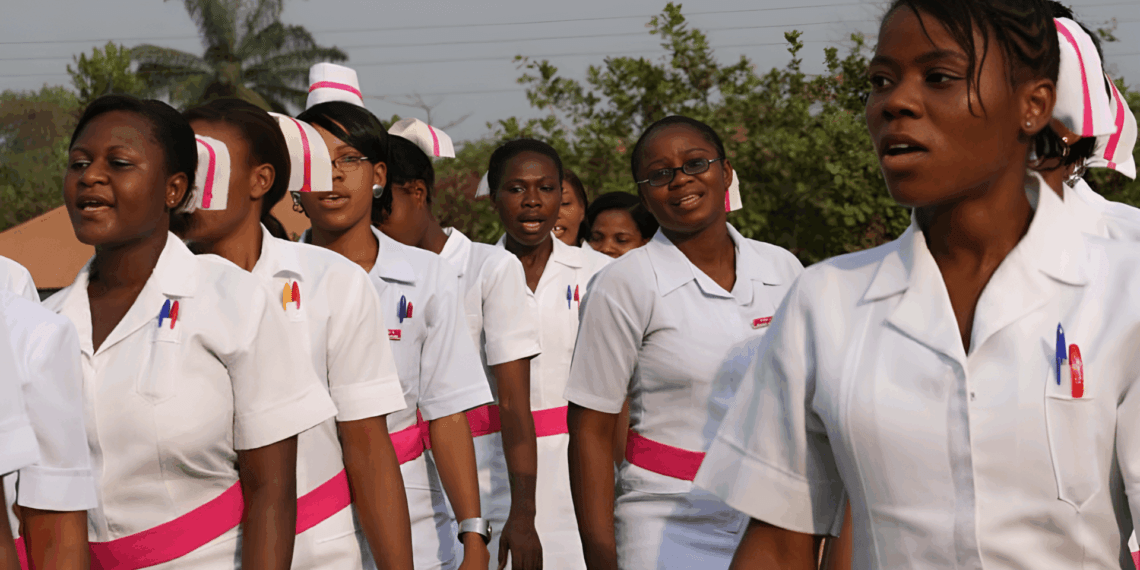Nurses in federal health facilities under the umbrella of the National Association of Nigerian Nurses and Midwives (NANNM) have commenced a seven-day nationwide warning strike starting today, July 30.
The action began at midnight and follows the expiration of a 15-day ultimatum issued by NANNM to the federal government.
The National Chairman of NANNM-FHI, Morakinyo Rilwan, warned on Monday, July 28, that the strike would involve a complete withdrawal of services across all federal health institutions.
He stated that “the 15-day ultimatum ends on Tuesday, July 29, 2025, at midnight, and the warning strike commences on Wednesday, July 30, 2025, at 12:01 am.”
The strike will affect 74 federal hospitals, including teaching hospitals, federal medical centers, specialist hospitals (such as orthopedic, neuropsychiatric, and eye centers), as well as all general hospitals and primary healthcare centers in the 36 states, the Federal Capital Territory, and 774 local government areas.
Private hospitals are excluded from the strike as the private practitioner nurses are not widely dispersed across Nigeria.
The decision to strike was fueled by issues such as poor remuneration, staff shortages, unpaid allowances, and unsafe working conditions.
Read Also:
- Zulum pledges N1 Billion to UMTH for kidney transplants, bolsters emergency medical services
- Jakpa: Over 55 of 90 newly employed nurses left Delta civil service in less than two year
- Bandits raid Kaduna Hospital, abduct Nurses, Patients
On July 14, 2025, the union issued a 15-day ultimatum, urging the federal government to take immediate action to avoid a total healthcare shutdown.
Rilwan emphasized that the strike was necessary due to the federal government and the Federal Ministry of Health’s lack of meaningful response to the July 14 ultimatum.
The demands of the organization include the gazetting of the nurses’ scheme of service approved by the NCE in 2016 in Minna, Niger State, the implementation of the National Industrial Arbitration Court (NIC) judgment of January 27, 2012, and the upward review of professional allowances for nurses and midwives.
Other demands are the employment of nursing personnel and adequate provision of health facility equipment, the creation of a nursing department within the Federal Ministry of Health, inclusion of nurses in the leadership of the health policy-making body, fair representation of the association on the board of federal health institutions, centralization of internship postings for graduate nurses and the provision of consultancy roles for nurses and midwives.
Additionally, the association is demanding the withdrawal of the recently released circular regarding revised allowances for health workers (nurses).






